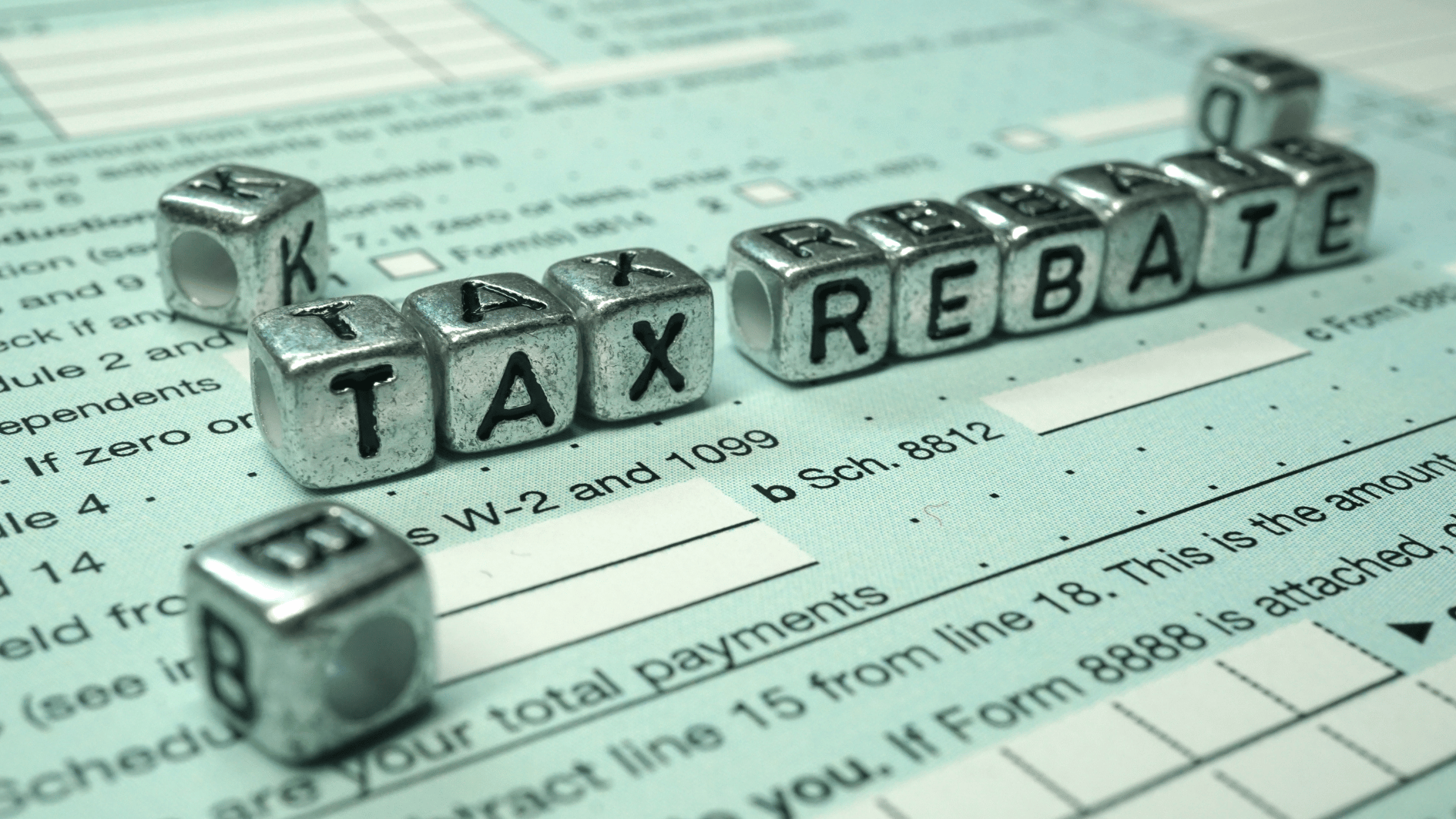Image source: Canva.com
Solar energy can significantly lower your long-term energy costs, but the upfront installation expenses can be daunting. While solar prices have dropped over the past decade, the average installation cost in 2024 is still around $25,000 before incentives.
Thankfully, government programs and utility incentives can help reduce these costs dramatically. The most notable is the federal tax credit, which covers 30% of your solar installation expenses. This reduces the average cost to approximately $18,750. Additional savings vary based on your location and your local government’s clean energy goals.
Here’s how to tap into these savings and maximize your solar investment.
1. Solar Rebates: Instant Savings
Solar rebates are one of the quickest ways to offset your installation costs. However, availability depends on where you live, and some programs require pairing solar panels with a battery.

Where to Find Rebates
Check these sources for potential rebates:
- State or Local Governments
- Utility Companies
- Installers
- Equipment Manufacturers

The Biggest Rebates
The most generous rebates often come from local governments or utility companies, offering as much as $5,000 or more. Applying for these rebates typically involves submitting details about your solar system’s design, performance, and costs. Don’t worry – most installers assist with the paperwork.

Rebate Requirements
Some rebates require you to:
- Use approved equipment.
- Work with certified installers.
- Adhere to specific system size limits.
For example, New York’s Megawatt Rebate offers up to $2,000 if you meet their requirements.

Seasonal and Equipment Rebates
Look out for seasonal promotions from installers or rebates from equipment manufacturers, which are easy to claim and can reduce costs further.
2. Federal and State Tax Credits
The Residential Clean Energy Credit reimburses 30% of your solar costs, covering expenses like equipment, labor, and permits. Here’s what you need to know:
- The credit is nonrefundable but rolls over to future tax years if unused.
- There’s no lifetime limit, and you can claim it each year you install eligible equipment.
State Tax Credits: Some states offer additional tax credits, increasing your overall savings.
3. Sales and Property Tax Exemptions
Several states waive sales taxes on solar installations, saving you thousands upfront. Additionally, many states exempt the added home value from solar panels from property taxes, preventing higher tax bills.

Exploring the Benefits of Tax Exemptions in the USA: A Comprehensive Guide
4. Business Incentives
Businesses can benefit from solar incentives like:
- Federal ITC and PTC
- Modified Accelerated Cost Recovery System (MACRS)
- Bonus Depreciation
These programs make solar energy even more attractive for commercial projects.
5. Performance-Based Incentives
Solar doesn’t just save money upfront – it can also generate income:
- Net Metering: Earn credits by sending excess electricity back to the grid.
- Renewable Energy Certificates (SRECs): Some states offer payments for the electricity your system produces.
6. Subsidized Loans and Grants
Low-interest loans and grants make solar more accessible for everyone, especially in states like Maryland, New York, Rhode Island, and South Carolina. Some programs even offer free or nearly free solar panels to low-income households.

Solar Loans: An Attractive Financing Option
Maximize Your Solar Savings
By exploring rebates, tax credits, exemptions, and other incentives, you can significantly reduce your solar installation costs. Check what’s available in your state to make your transition to clean energy as affordable as possible.
Disclaimer
Solar incentives and regulations can change frequently. Always consult with a solar professional to get the most up-to-date advice tailored to your needs.





